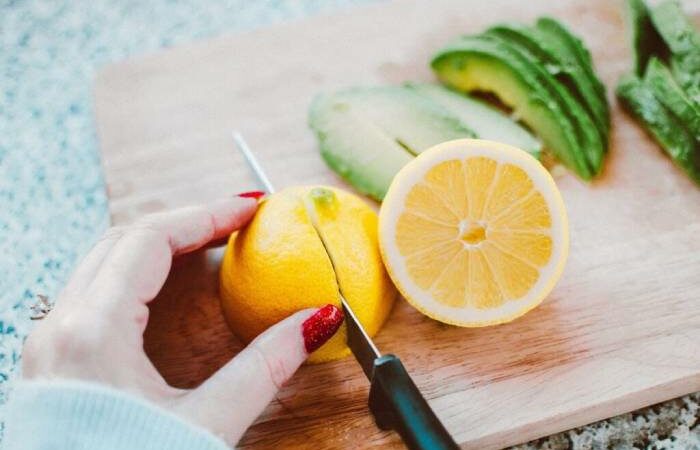It’s incredible how popular face masks have become in recent years. DIY masks are becoming increasingly popular as part of people’s regular skincare routines. These face masks are simple to create and use only items found in your kitchen. Masks made at home are natural and inexpensive. If you’re making a face mask at home, you’ll want to know what goes into the preparation and what doesn’t. A poor choice could also be harmful to your skin.
Here is a list of five kitchen ingredients that should never be applied to the skin directly.
1. Lemon
You may have seen a number of DIY face pack cures that include lemon. Is it, however, safe for your skin? No, according to experts! Lemon is a highly acidic fruit that can irritate the skin. Furthermore, when exposed to UV rays, its oil might create a phototoxic reaction on your skin. This indicates it has the potential to produce blisters or rashes.
2. Cinnamon
Cinnamon is bad for your skin. After a beauty blogger, EnjoyPhoenix, lauded cinnamon’s cleansing powers, the “cinna-mask” acquired notoriety. However, this red spice may not agree with your face.
The lowest-risk scenario is that you’ll feel tingling and see some redness.
The cinnamon facial has the most dangerous potential: several people who tried it later complained of burns.
Cinnamon has antibacterial properties and is used to treat wounds, but it’s also one of the most prevalent spice allergies. Even if you don’t have a known allergy to cinnamon, you could be hypersensitive to the spice when it comes into contact with your skin, or you could get a burn from cinnamon oil.
3. Apple Cider Vinegar
Apple cider vinegar has been recommended by many people. It should, however, be avoided because it is highly acidic and might cause problems with natural skin. Chemical burns can occur if apple cider vinegar is used excessively.
4. Vegetable Oil
Vegetable oil has been recommended by many individuals for skin care. Different people’s skin types, on the other hand, should not follow the same pattern. Vegetable oil can cause dermatitis, pityriasis rosea-like eruptions, lichenoid dermatitis, and other skin conditions.
5. Toothpaste
Applying toothpaste to a pimple is one of the most common beauty hacks. It can help to reduce the size of a pimple, but it can also irritate your skin and create rashes.




